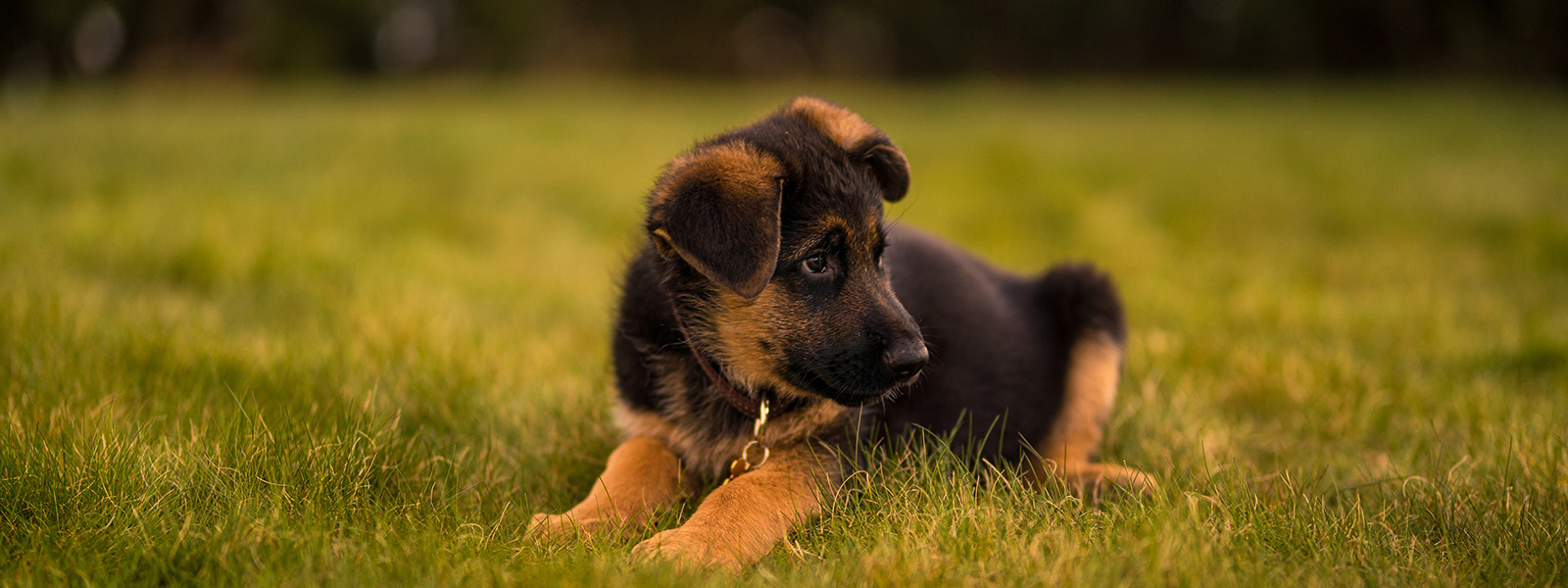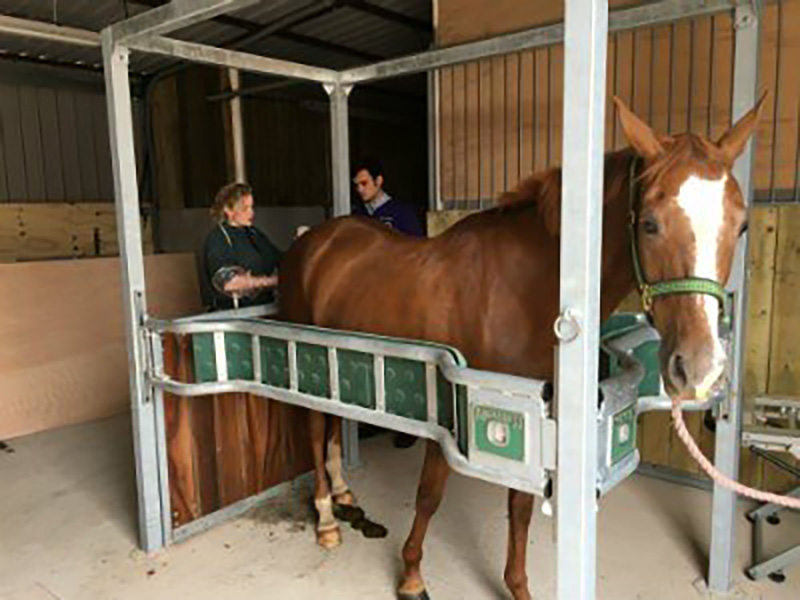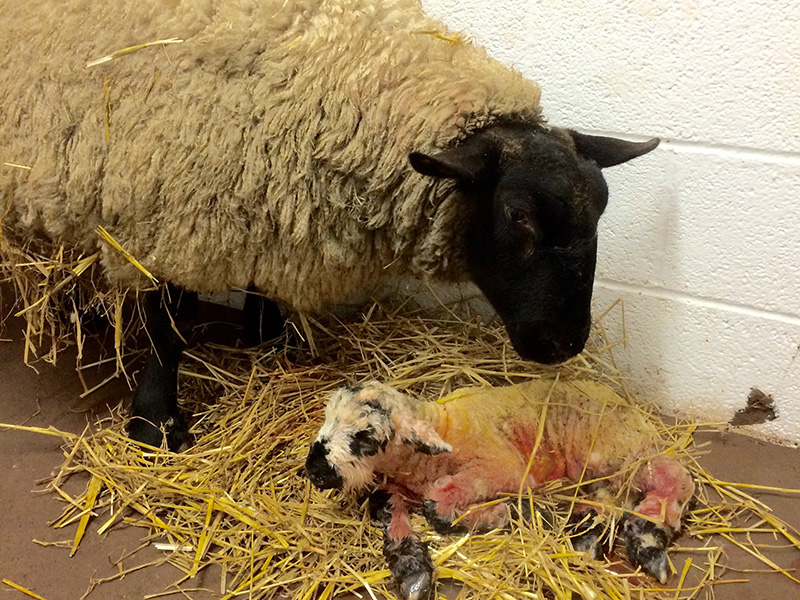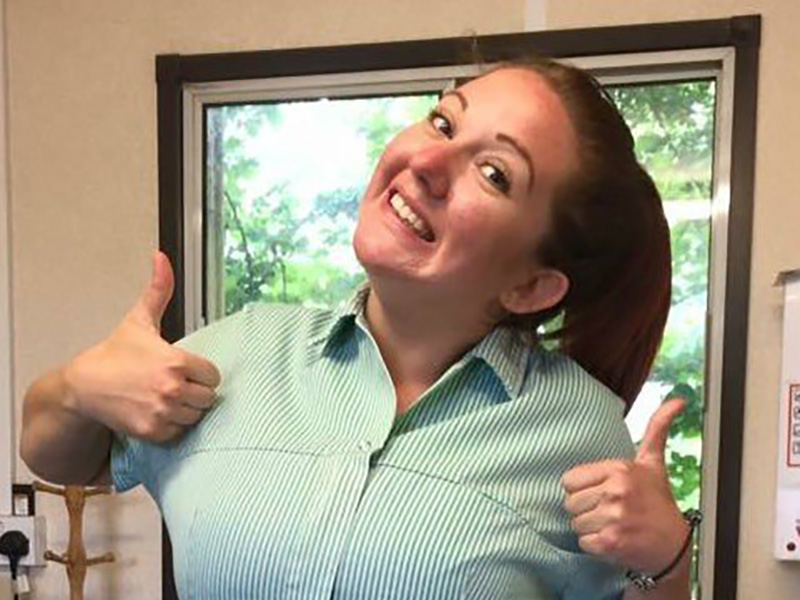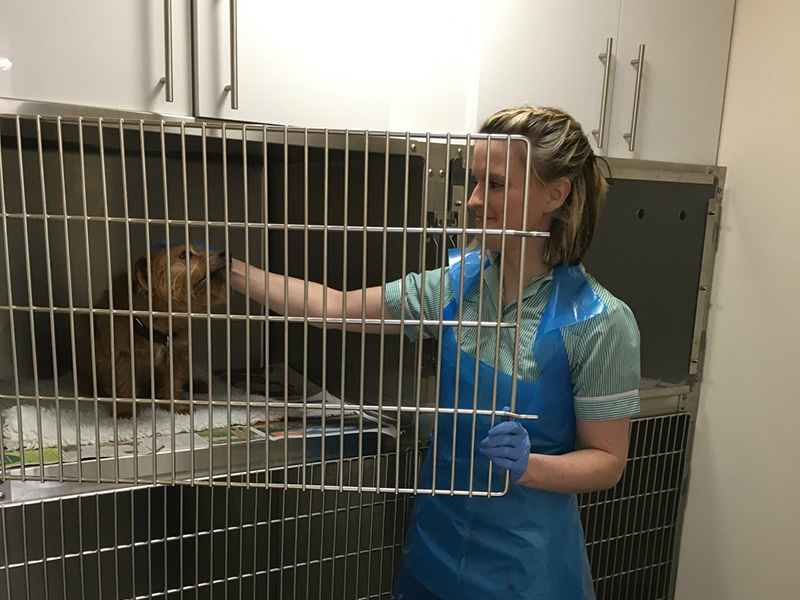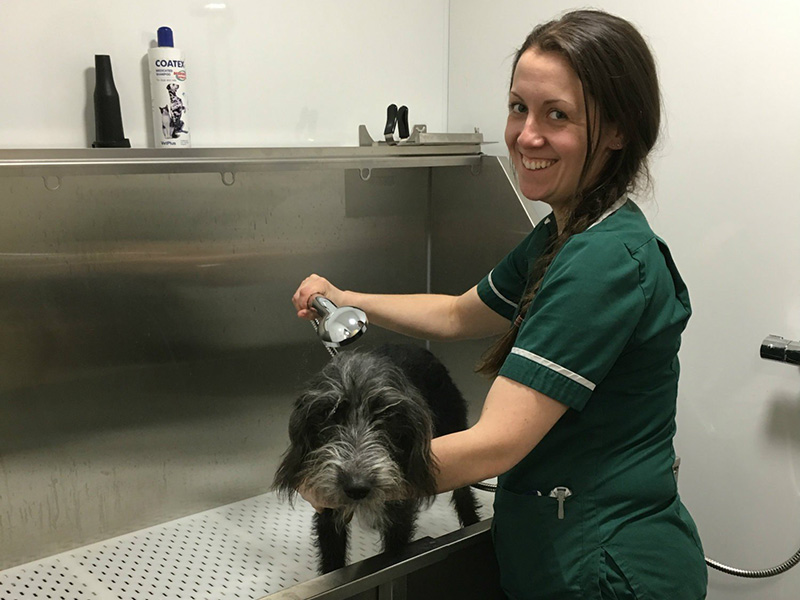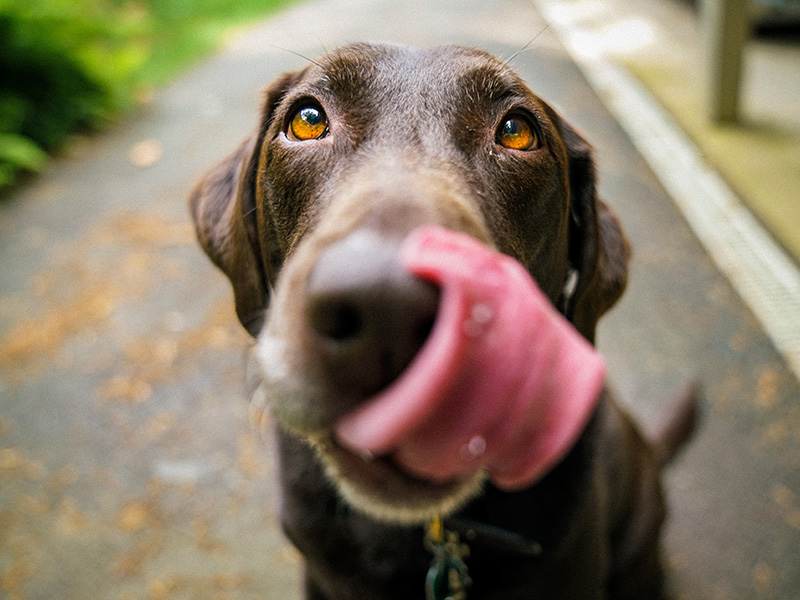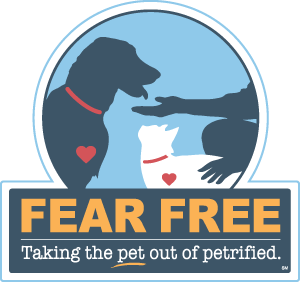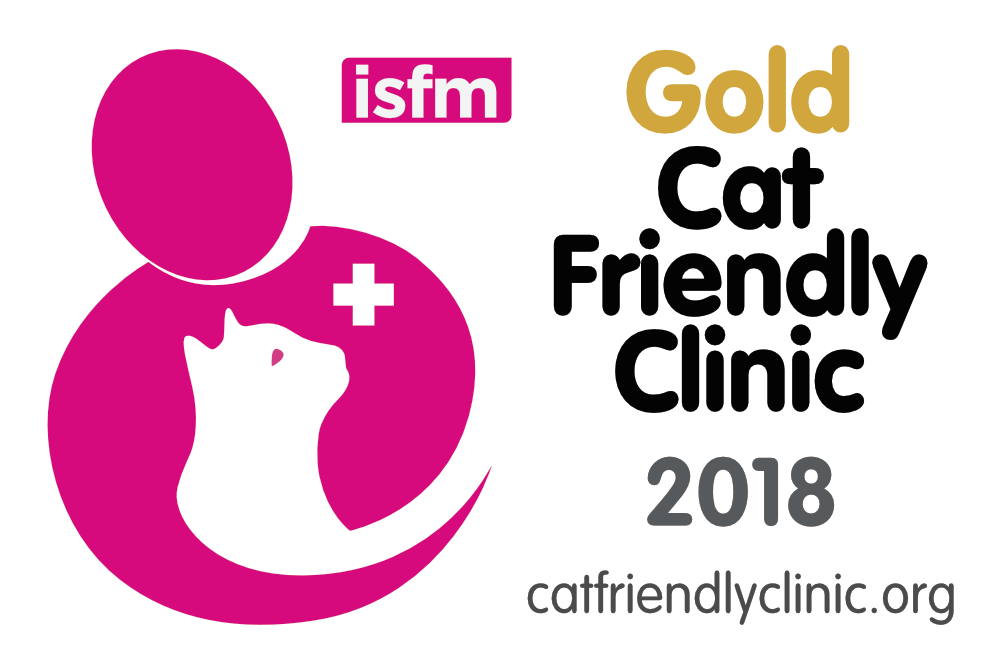Orthopaedic Surgery
Canine orthopaedics" refers to the branch of veterinary medicine that focuses on the diagnosis, treatment, and management of orthopaedic conditions and injuries in dogs. Orthopaedics deals with the musculoskeletal system, which includes bones, joints, muscles, ligaments, tendons, and other structures that support and enable movement. Canine orthopaedics aims to address various orthopaedic issues that affect dogs. We perform most routine orthopaedic surgery at Chaseview including:
Fractures and Bone Injuries:
Treating broken bones in dogs, which can result from accidents, falls, or trauma.
Joint Conditions: Managing joint problems like hip dysplasia, elbow dysplasia, and osteoarthritis.
Ligament and Tendon Injuries:
We offer three techniques depending on the size and activity levels of the dog.
Lateral Suture
Economical method very effective in smaller dogs
TTA Rapid
Provides stability by altering the angle of the top of the shin bone by cutting it and inserting a Titanium Plate
Zlig
This is a relatively new method where the ruptured ligament is replaced by an artificial implant secured by screws in the Tibia and Femur. The new ligament is incredibly strong and the dogs are safe to weight bear immediately.
Treating injuries to ligaments (e.g., cruciate ligament tears) and tendons (e.g., Achilles tendon injuries).
Growth Abnormalities: Addressing developmental issues in puppies, such as angular limb deformities.
Patellar Luxation
Rehabilitation is vital for a good recovery following orthopaedic surgery and our Hydrotherapy Clinic and Canine Massage have proved invaluable for this.
Treatment Options: Treatment in canine orthopaedics can vary depending on the specific condition. Common treatment options include:
- Surgery: Many orthopaedic conditions require surgical intervention, such as repairing a torn ligament or setting a broken bone.
- Medical Management: Non-surgical approaches can include pain management, physical therapy, and the use of medications to alleviate symptoms and slow disease progression.
- Rehabilitation: Canine orthopaedic rehabilitation is crucial for post-surgery recovery and for improving a dog's quality of life. It may include physical therapy, hydrotherapy, canine massage and exercises to rebuild muscle strength and joint function.
- Preventive Care: Canine orthopaedic specialists may provide guidance on how to prevent orthopaedic issues in dogs. This includes advice on nutrition, exercise, and proper care during a dog's growth and development.




